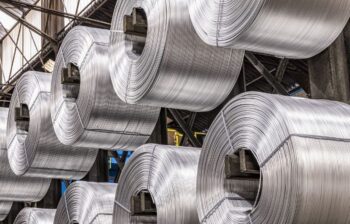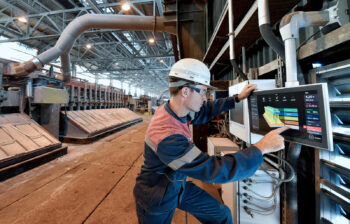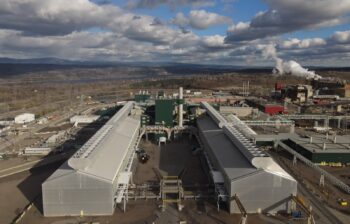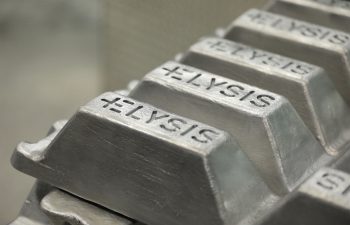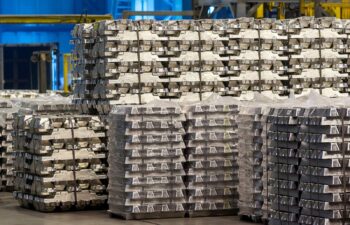
Elysis, the technology partnership between Rio Tinto and Alcoa, plans to launch its first industrial-scale demonstration plant at the Arvida smelter complex in Québec, Canada. This investment will support the ongoing development of the breakthrough Elysis inert anode technology, which is said to eliminate all greenhouse gas (GHG) emissions from the traditional smelting process and […]

